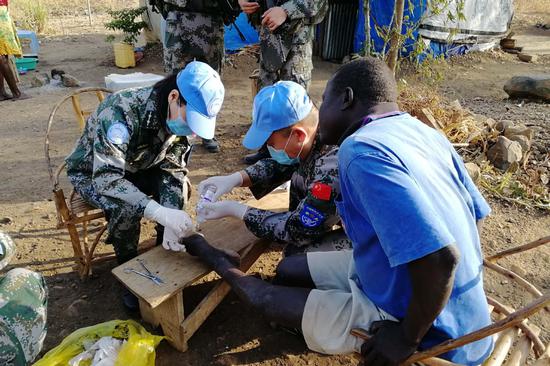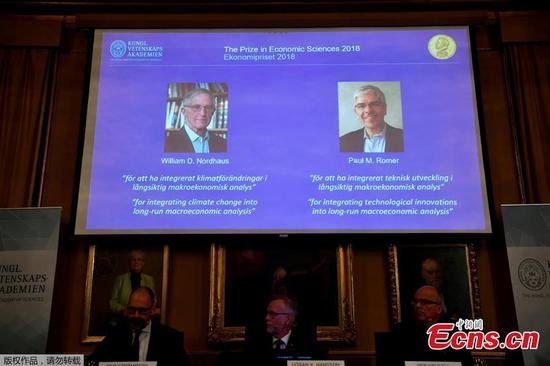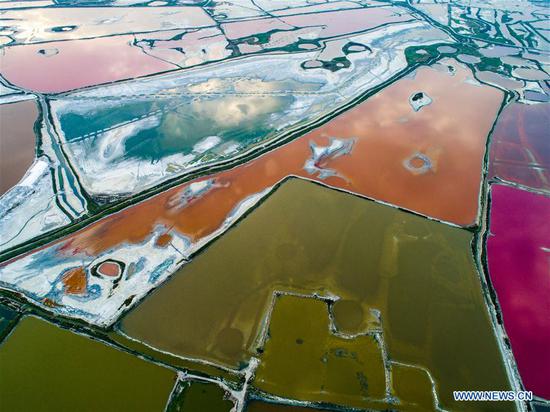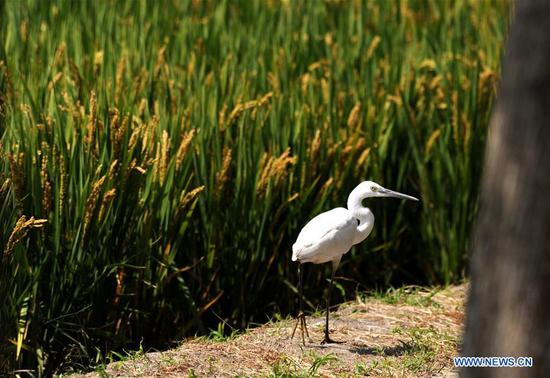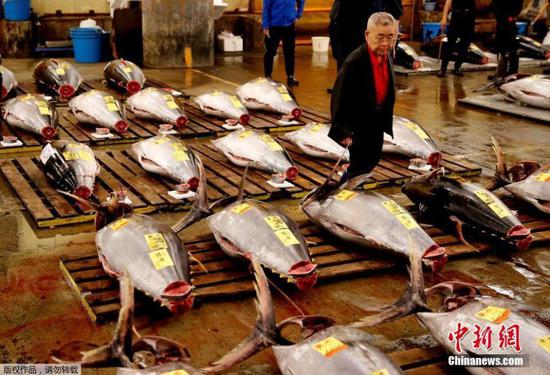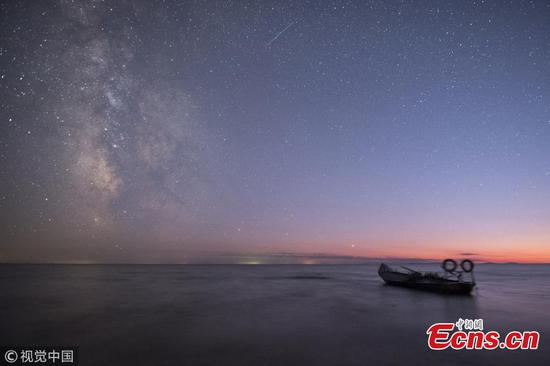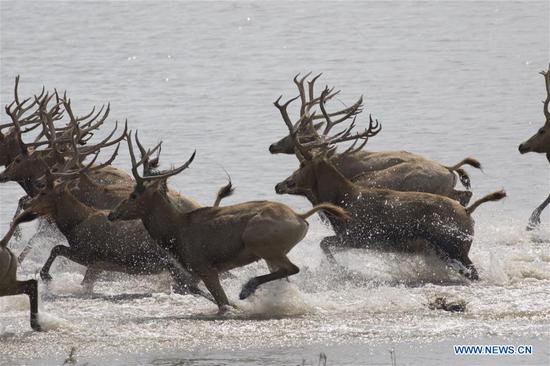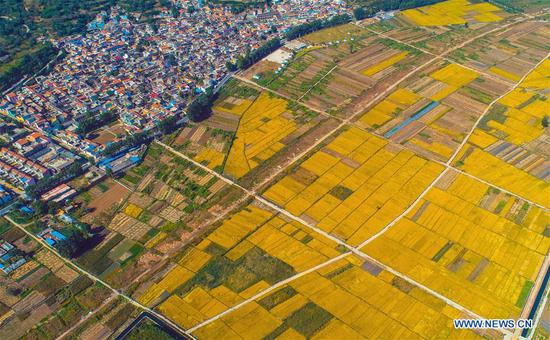The authors of the landmark report by the UN Intergovernmental Panel on Climate Change (known as the IPCC) said the world has only 12 years to limit a climate change catastrophe, and urgent changes are needed to cut risk of extreme heat, drought, floods and poverty.
After three years of research and a week of haggling between scientists and government officials at a meeting in South Korea, the IPCC issued a special report on the impact of global warming of 1.5 degrees Celsius.
At the current rate, the world will pass the 1.5C mark, the goal set at the Paris climate talks in 2016, as early as 2030 and - at the latest - in 2052, the report said with "high confidence".
To have even a 50-50 chance of staying under 1.5C, it says, the world has to be carbon neutral by 2050, with emissions of carbon dioxide falling sharply from 2020.
Cornell University climate scientist Natalie Mahowald, a lead author on the report, said: "For some people this is a life-or-death situation, without a doubt.
"We have a monumental task in front of us, but it is not impossible. This is our chance to decide what the world is going to look like."
Jim Skea, who is a co-chair of the IPCC, said the report presents some key messages.
"The first is that limiting warming to 1.5C brings a lot of benefits compared with limiting it to 2 degrees. It really reduces the impacts of climate change in very important ways," Skea said.
"The second is the unprecedented nature of the changes that are required if we are to limit warming to 1.5C - changes to energy systems, changes to the way we manage land, changes to the way we move around with transportation."
The research said that if temperatures exceed 1.5C there would be significant impacts on ocean temperatures and acidity, and the ability to grow crops like rice, maize and wheat.
"We are already in the danger zone at one degree of warming," said Kaisa Kosonen from Greenpeace.
"Both poles are melting at an accelerated rate; ancient trees that have been there for hundreds of years are suddenly dying; and the summer we've just experienced - basically, the whole world was on fire."
The report was prepared by more than 90 scientists and review editors from 40 countries.
It includes more than 6,000 scientific references, 133 contributing authors and more than 42,000 expert and government review comments.
To even start to try and reach this goal, the world would need "rapid and far-reaching" changes in how we use energy and land; and how we design our cities and transport systems, the report added.












